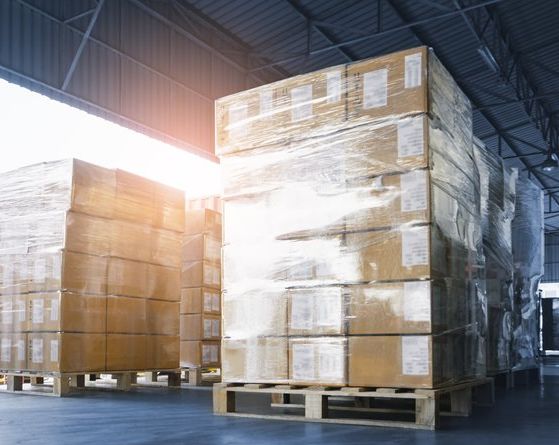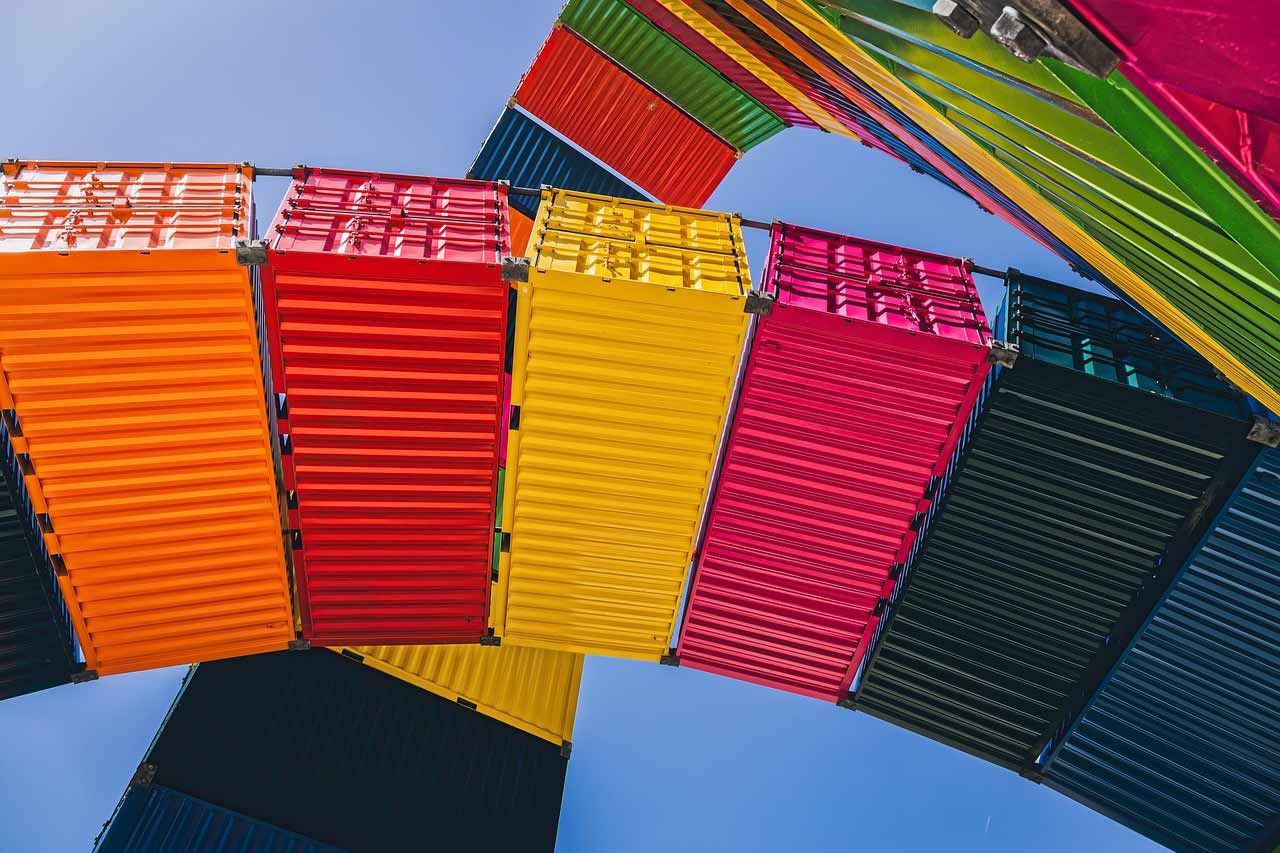Breakbulk Terminals
TLI University: Break Bulks
Less-than-truckload (LTL) break bulk refers to the shipping of smaller, individual packages or pieces of freight that do not fill an entire truckload trailer. This type of shipping is often used for items that are too large or heavy to be shipped via parcel carriers, but do not require the space of a full truckload.
LTL break bulk shipping is a cost-effective solution for businesses and individuals who need to transport a relatively small amount of goods. It allows them to share the cost of transportation with other shippers, rather than paying for a full truckload shipment.
In LTL break bulk shipping, packages are loaded onto a trailer along with other packages or freight from various shippers. The trailer is then transported to its origin terminal, where the individual packages are unloaded and sorted for delivery, they are routed to yet a consolidation terminal where they are staged for other terminals in-network.
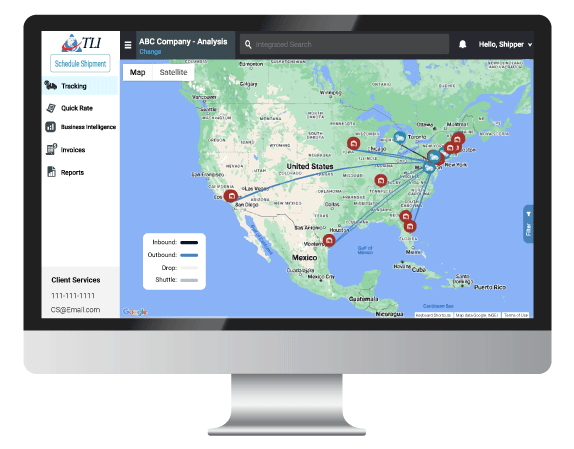
What is a Break Bulk Terminal?
Break bulk terminals are facilities that handle the loading and unloading of individual packages or pieces of freight that do not require a full truckload. These terminals are often used for less-than-truckload (LTL) shipping, where smaller shipments are consolidated onto a single trailer for transportation.
Break bulk terminals are typically equipped with cranes and other heavy machinery to handle the movement of large and heavy packages. They may also have loading docks and other specialized equipment to handle the loading and unloading of containers, trailers, and other types of cargo carriers.
In a break bulk terminal, packages and freight are received from various shippers and sorted according to their destination. They are then loaded onto a trailer or other cargo carrier for transportation to their final destination.
At the destination terminal, the packages and freight are unloaded and sorted for delivery to their final destination. This may involve transferring the packages to smaller vehicles for local delivery or using specialized equipment to handle particularly large or heavy items.
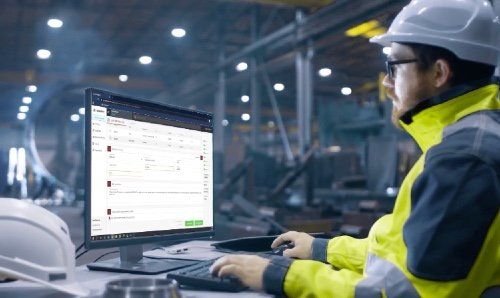
Role of a Break Bulk Terminal
Break bulk terminals play a crucial role in the transportation of goods, providing a central location for the consolidation and sorting of shipments. They help to streamline the shipping process, reducing the number of vehicles needed to transport goods and improving the efficiency of the supply chain.
One of the main advantages of LTL break bulk shipping is that it is more efficient and environmentally friendly than shipping a great deal of smaller packages individually. By consolidating shipments, fewer trucks are needed to transport the same amount of goods, which reduces fuel consumption and emissions.
There are several factors carriers consider when using LTL break bulk shipping, such as the size and weight of the packages, the distance they need to be transported, and the speed of delivery required. Their goal is to cube out trailers, and get freight to the destination as efficiently as possible while maximizing value. It is important to work with a reliable and experienced logistics management company like TLI to ensure that your shipments are handled safely by a reputable LTL carrier to arrive at their destination on time.
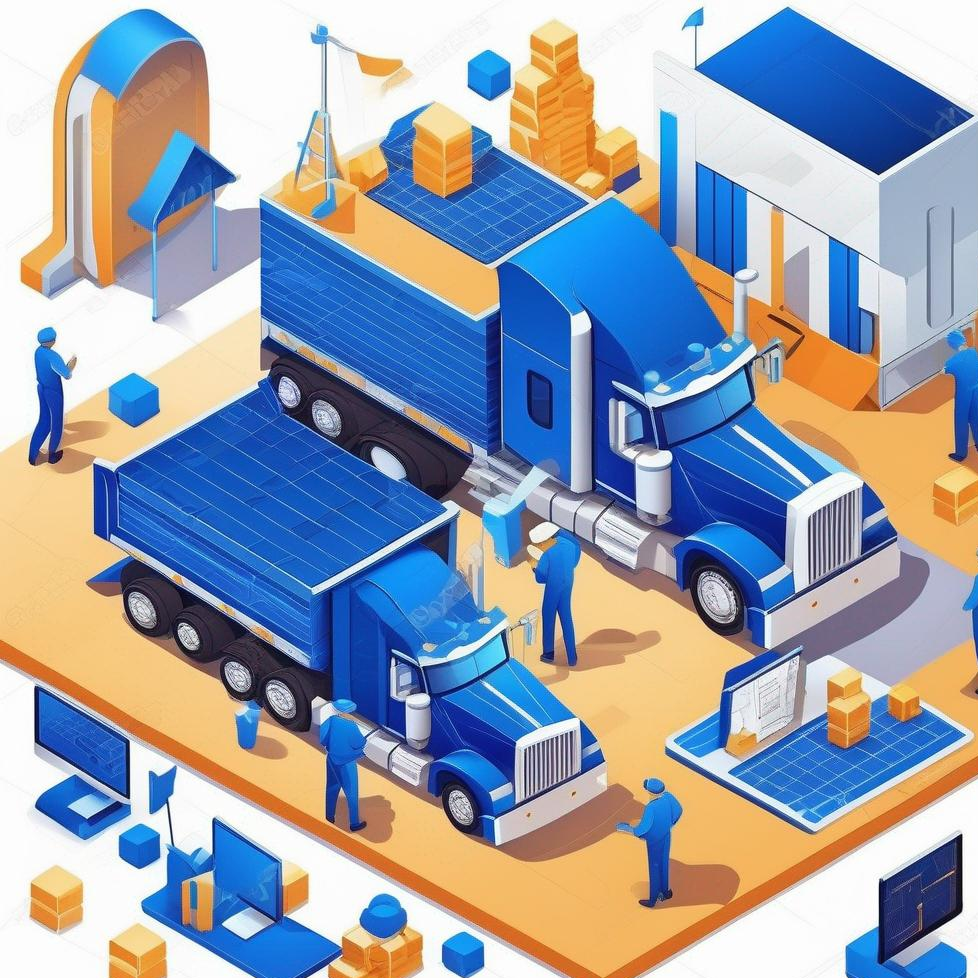
LTL Terminal
LTL terminals are equipped with specialized infrastructure and handling systems optimized for handling smaller shipments. They feature sorting facilities, storage areas, and often employ cross-docking techniques to efficiently transfer freight between trucks without long-term storage, minimizing handling and transit times.
On the other hand, break bulk terminals refer to facilities that handle bulk cargo, often involving the segregation and distribution of larger shipments. These terminals may handle a variety of cargo types, including bulk commodities, oversized items, or goods that require specific handling due to their nature or size. While some break bulk terminals may handle LTL shipments as part of their operations, not all break bulk terminals are specifically designed or optimized for LTL shipments.
The distinction lies in the primary focus and operational setup of these terminals. LTL terminals are tailored specifically for handling smaller, multiple shipments from different origins to various destinations, optimizing for efficiency in consolidating and distributing these smaller loads. Break bulk terminals, while they may handle diverse types of cargo, might not always have the infrastructure or processes optimized for the nuances of LTL shipments.
Summary
In summary, LTL break bulk shipping is a cost-effective and efficient solution for transporting smaller, individual packages or pieces of freight that do not require a full truckload. It allows businesses and individuals to share the cost of transportation and helps to reduce fuel consumption and emissions by consolidating shipments.
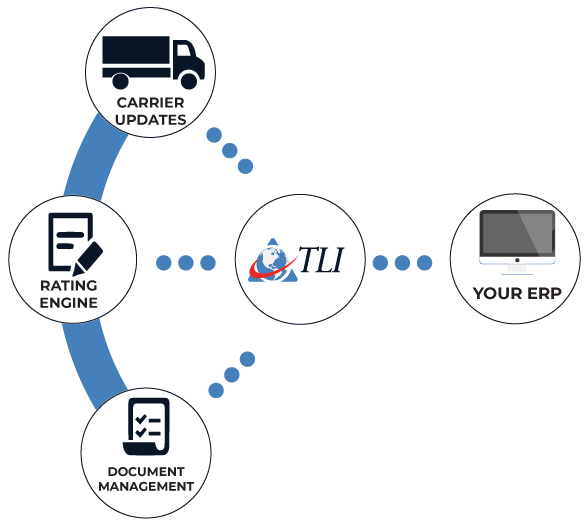
Revolutionize your logistics efficiency with our cutting-edge TMS system! Seamlessly integrate our TMS system with your ERP and gain instant access to powerful tools like our density calculator and freight class calculator. Streamline your shipping processes and optimize freight management like never before!
TLI Insights
Get the latest logistics insights and tips from Translogistics’ award-winning team. Stay ahead in transportation planning.
Questions? Email us at marketing@tli.email


